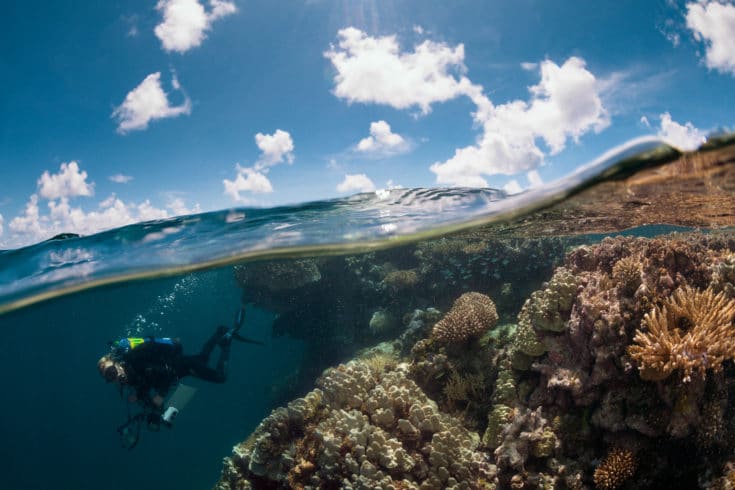
The Khaled bin Sultan Living Oceans Foundation is sharing its findings from the Global Reef Expedition (GRE) at the 15th International Coral Reef Symposium (ICRS) this week in Bremen, Germany. This international coral reef conference brings together experts in coral reef science and conservation to address critical challenges facing coral reefs.
Coral reefs are in crisis. They are rapidly declining around the world due to various natural and anthropogenic factors, including climate change, overfishing, pollution, and coastal development. Scientists estimate that we have already lost more than half of the world’s coral reefs, and without urgent action, we could lose the rest by the end of the century.
To combat this coral reef crisis, the Khaled bin Sultan Living Oceans Foundation embarked on the Global Reef Expedition—a 10-year research mission to assess the health and resiliency of coral reefs around the world. Using a co-designed approach of science, education, and outreach, the Global Reef Expedition circumnavigated the globe to assess the state of the reefs and identify major threats to their survival.
Over 200 scientists, conservationists, government officials, and local experts worked side-by-side, conducting tens of thousands of underwater surveys of corals and reef fish communities on the Global Reef Expedition. Together, they surveyed and mapped over 1,000 coral reefs in 16 countries, from the Saudi Arabian Red Sea, through the Caribbean, across the Pacific, and into the Indian Ocean. This mission not only conducted scientific research, but it also involved outreach and education initiatives to improve ocean literacy, promote coral reef conservation, and communicate the foundation’s findings with people who could use them for conservation.
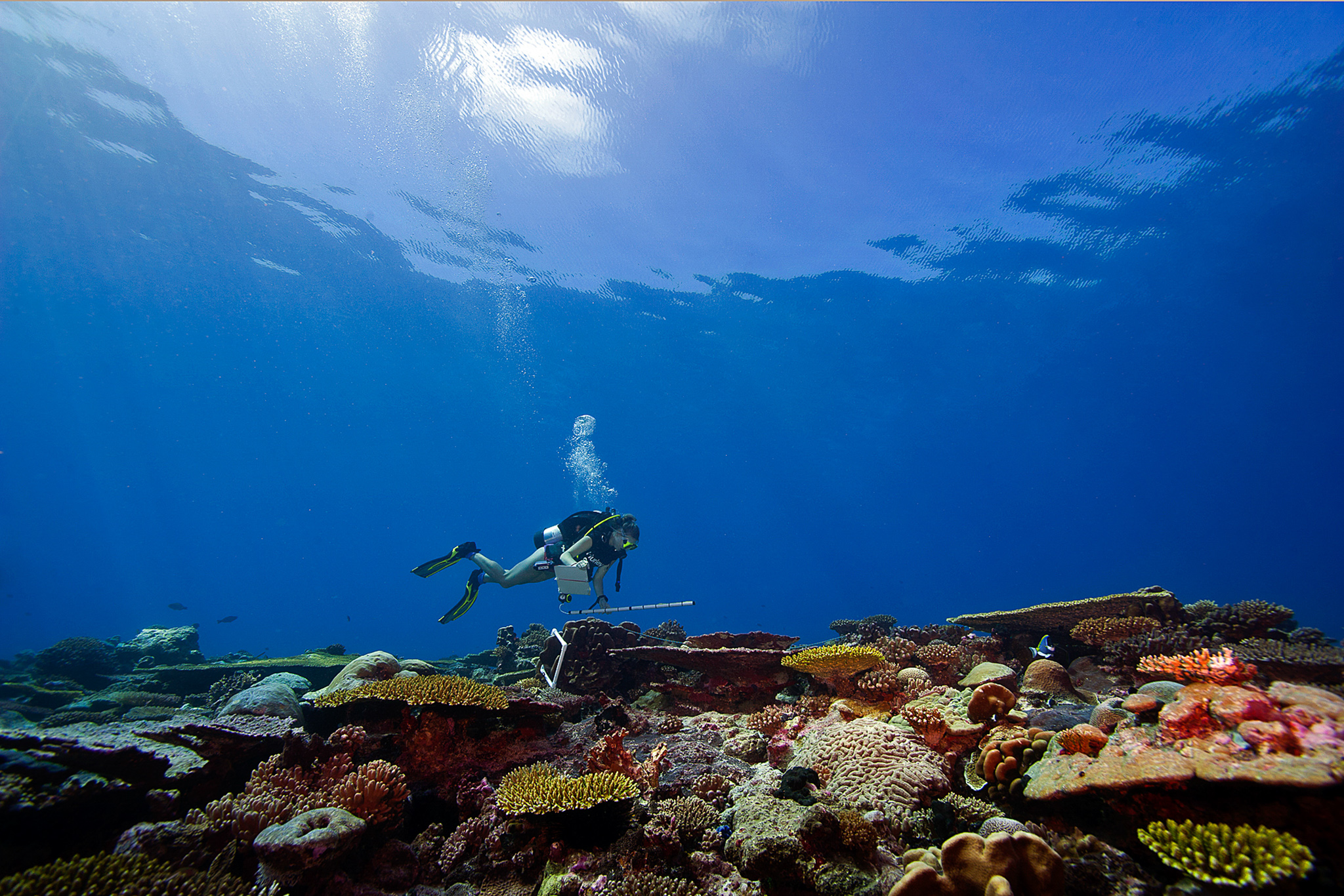
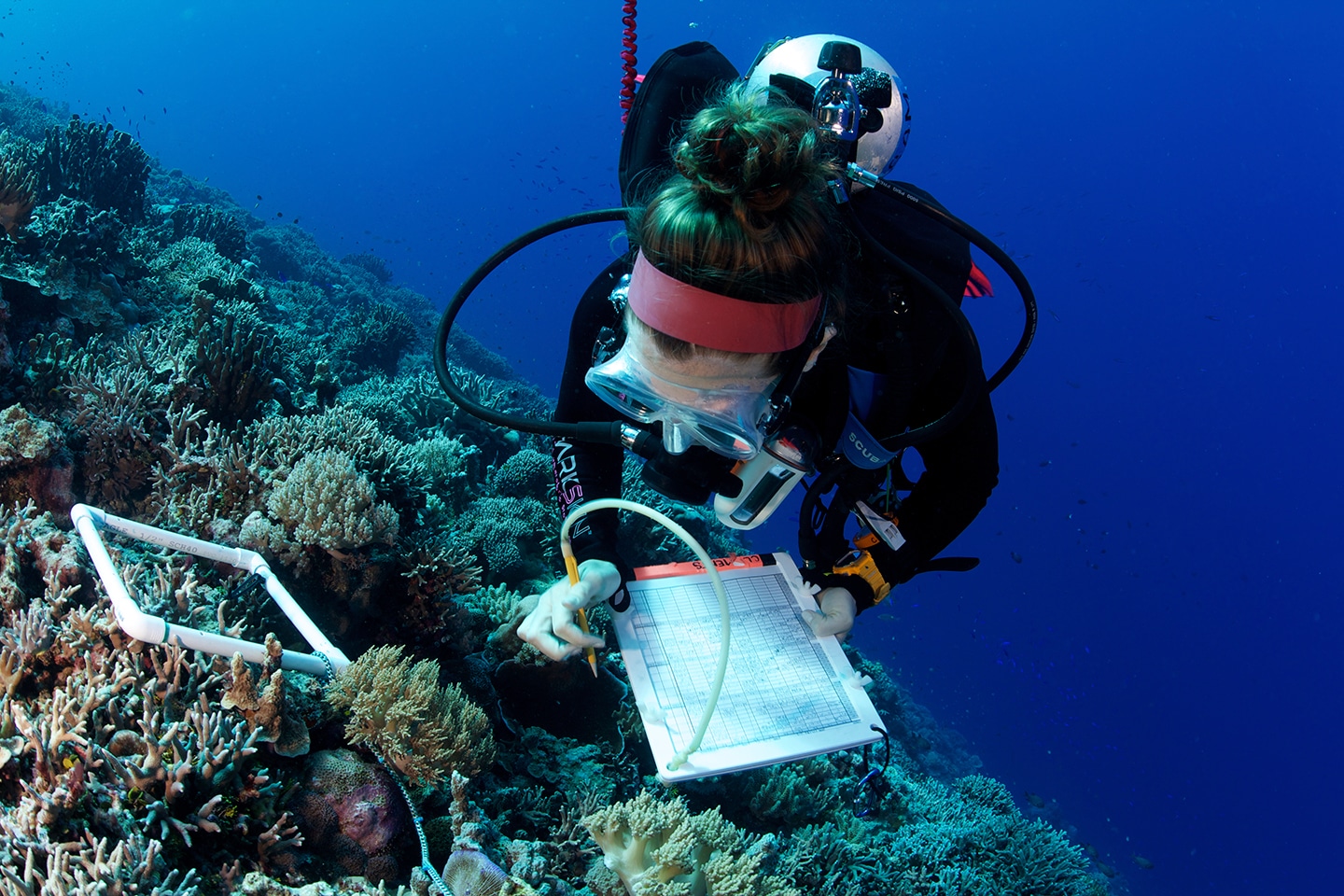
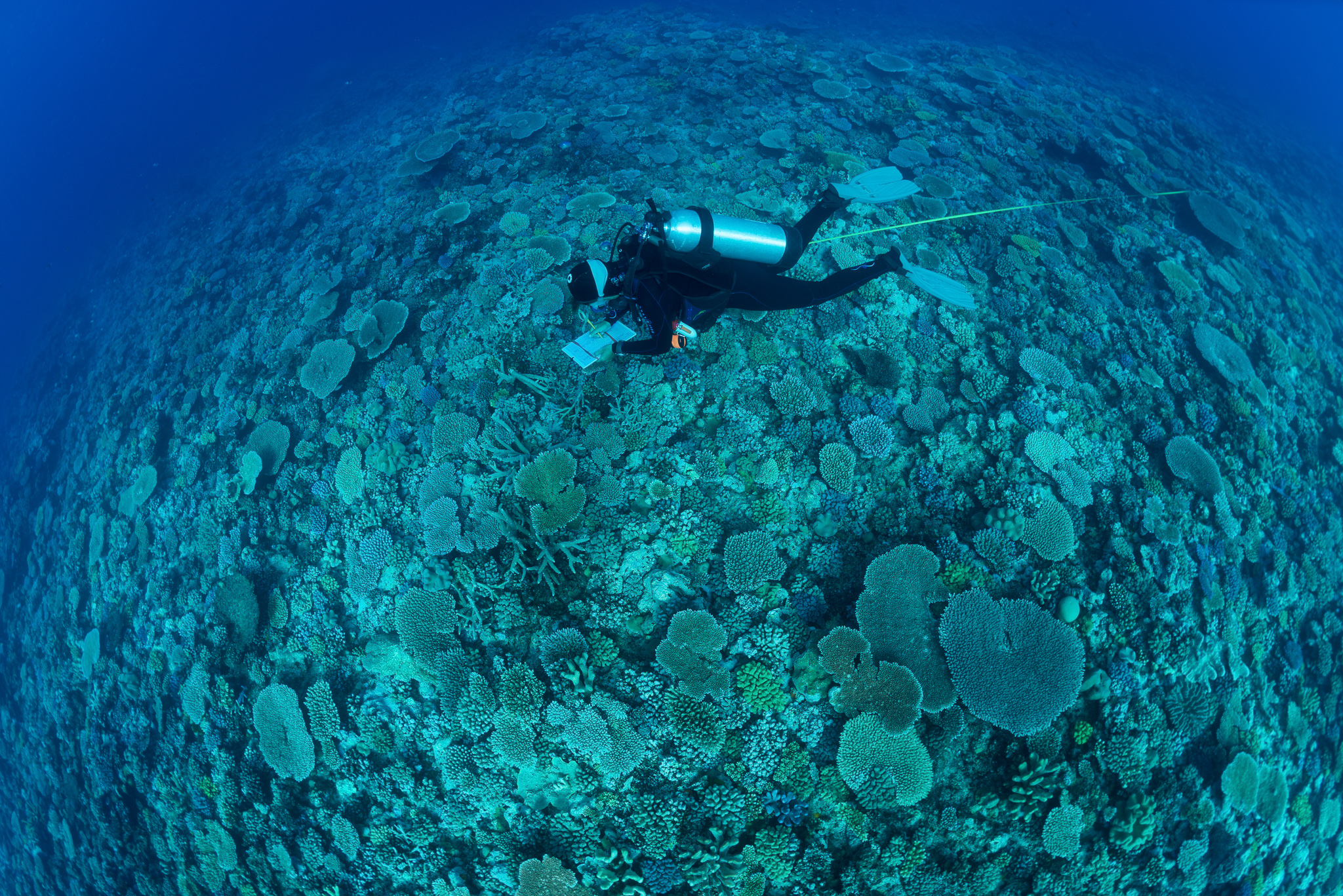
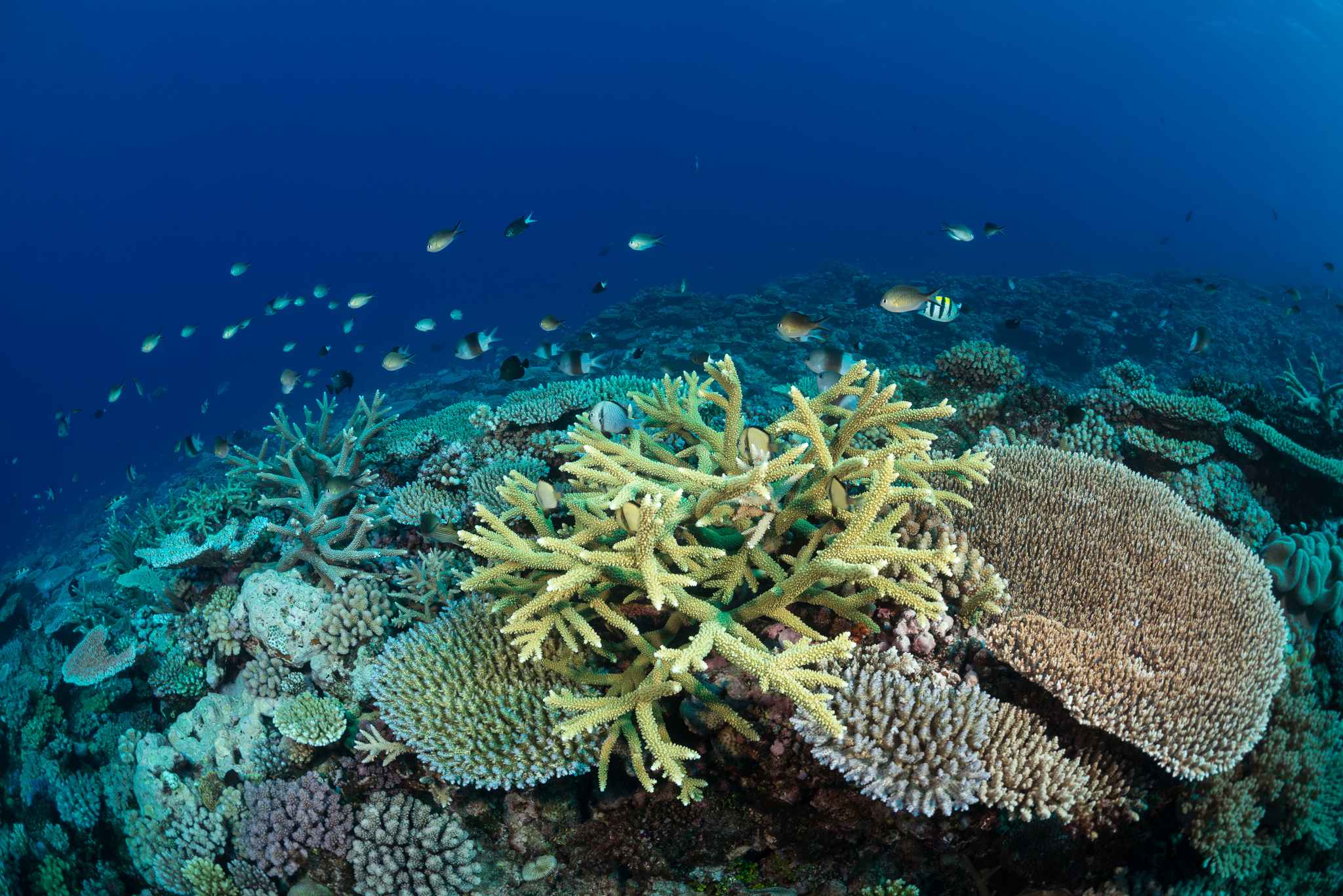
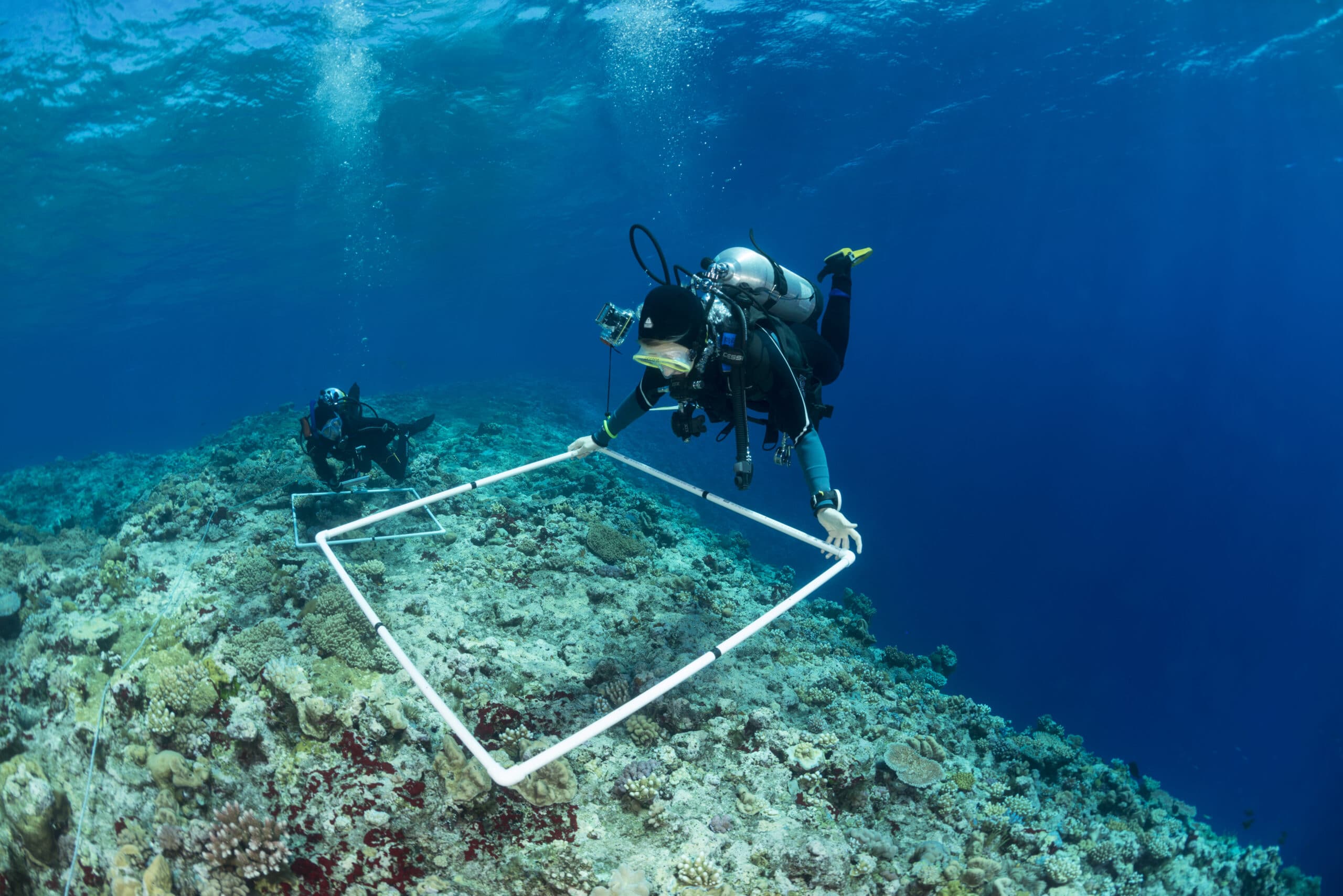
This massive international effort turned into the largest coral reef survey and mapping expedition in history. Now, after traveling over 50,000 kilometers, conducting more than 12,000 scientific dives, educating over 7,000 local students and community leaders, and producing over 65,000 square kilometers of coral reef habitat maps, the Global Reef Expedition is complete. The maps and surveys collected on the GRE make up the most comprehensive standardized data set yet collected for coral reefs.
“The Global Reef Expedition was a monumental achievement,” said Sam Purkis, KSLOF’s Chief Scientist as well as Professor and Chair of the Department of Marine Geosciences at the University of Miami’s Rosenstiel School of Marine and Atmospheric Science. “It owes its success to nimble planning and a common vision shared by a broad group of forward-thinking scientists, managers, and educators. I have no doubt that the baseline determined by the GRE for the world’s reefs will remain a reference for centuries to come.”

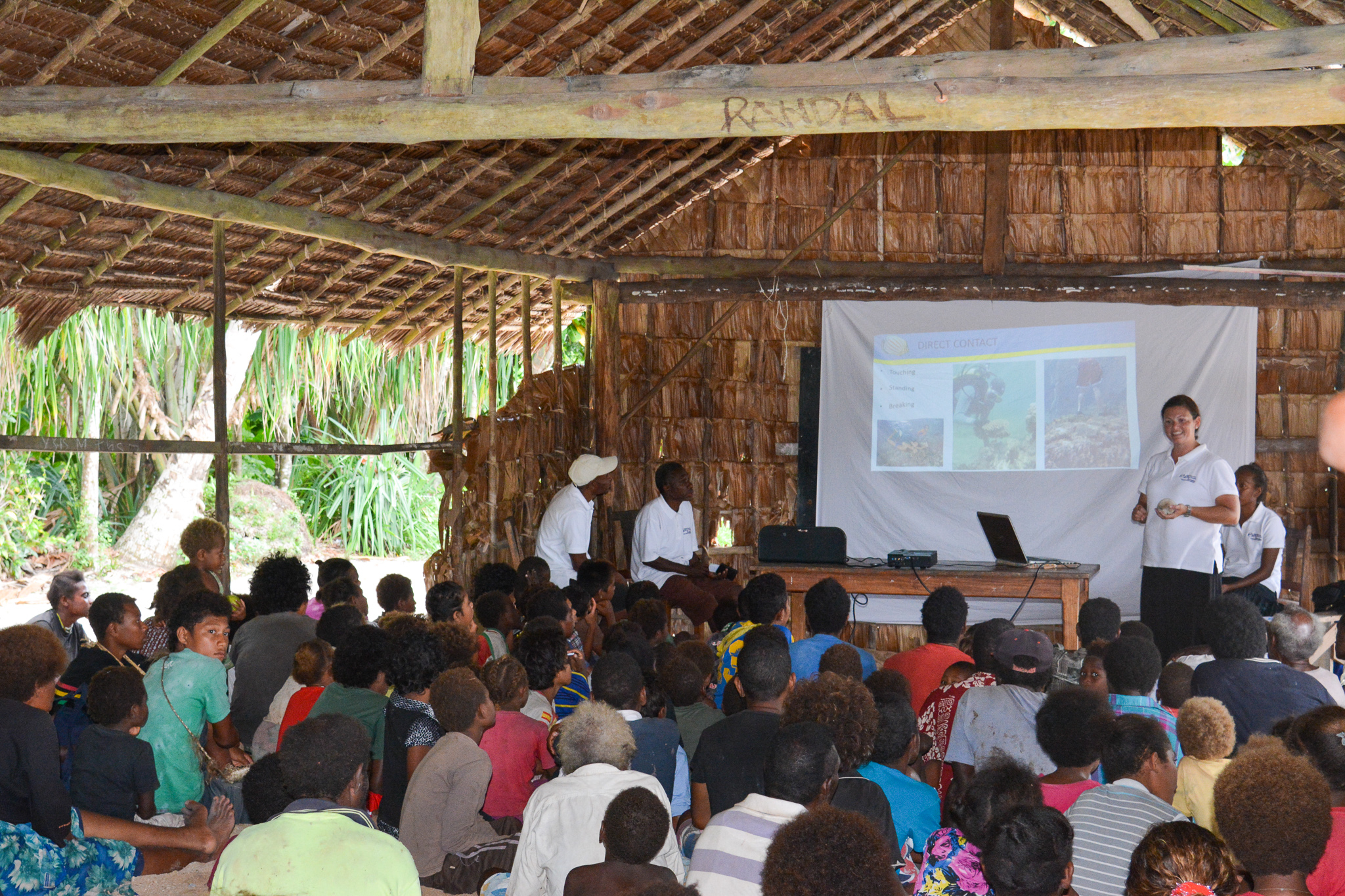
At ICRS, the Living Oceans Foundation will share highlights from the Global Reef Expedition along with lessons we learned about mapping reefs, communicating coral reef science, and the importance of education in coral reef conservation. New research using maps and data from the Global Reef Expedition will also be presented at ICRS by the foundation’s partners at the University of Miami, who are using the data to model factors that contribute to the health and resiliency of coral reefs. These models and data can be incredibly valuable to scientists, marine managers, and conservation organizations working to preserve and protect coral reefs.
“This Expedition amassed a treasure-trove of data that is now being used for coral reef conservation,” said Alexandra Dempsey, the Director of Science Management at KSLOF, who was one of the many scientists who presented the foundation’s findings from the Global Reef Expedition this week at ICRS. She says the data provide a clear snapshot of the status and major threats to coral reefs at a critical point in time. These findings will be used as a benchmark for future research and analysis. They can also help countries prioritize areas for conservation and track changes to their reefs over time. “Several countries, including The Bahamas, Jamaica, Fiji, and the Cook Islands, used data collected on the Expedition to enact new conservation measures, such as marine protected areas and fishery closures, to protect their reefs.”
At least seven presentations at ICRS showcase data and findings from the Global Reef Expedition. They show that signs of the unfolding coral reef crisis were observed on reefs around the world, and that climate change and outbreaks of predatory crown-of-thorns starfish have caused substantial damage, even on some of the most remote and undisturbed coral reefs on Earth. The vast majority of reefs surveyed also showed signs of overfishing, with few large fish and lower than expected fish biomass. However, the Expedition also encountered pockets of vibrant reefs with high coral cover and thriving reef fish communities, providing a glimmer of hope for the future of coral reefs.
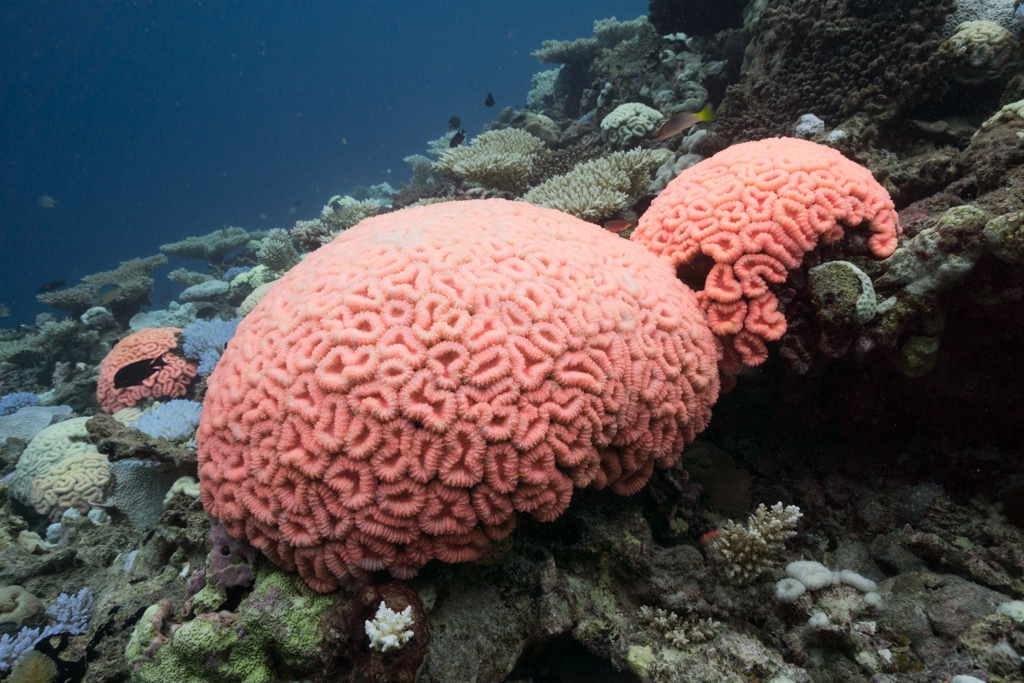
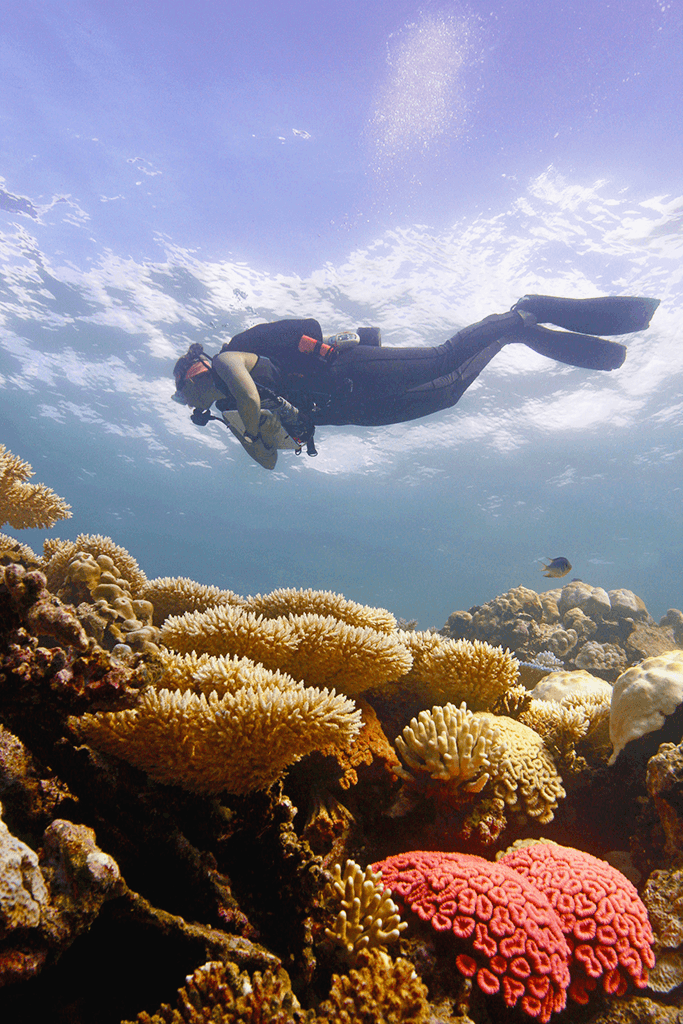
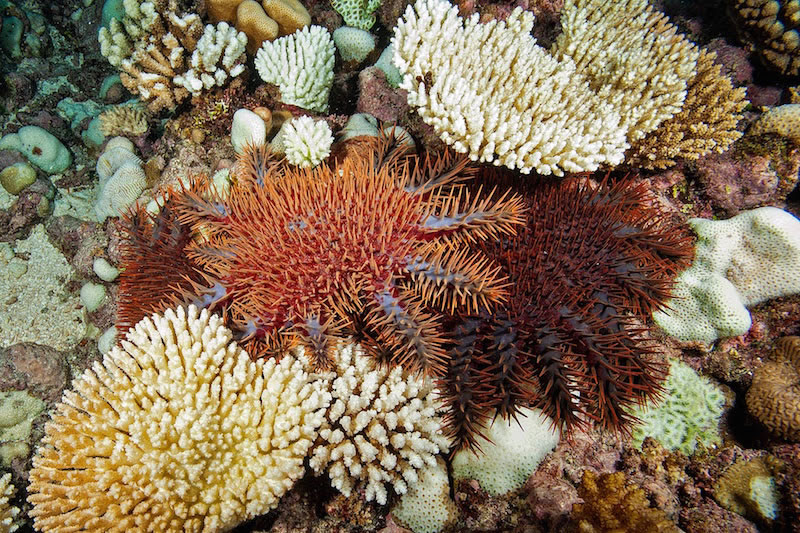
In addition to the scientific findings, the Expedition also noted a wide disparity in ocean literacy among communities that heavily rely on coral reefs for their lives and livelihoods. The foundation addressed this need by launching new education and outreach programs, inanocluding a coral reef ecology curriculum and documentary films, to share their knowledge of coral reefs and improve ocean literacy worldwide. Our work on these outreach and education programs will also be featured at ICRS, as they illustrate the critical importance of outreach and education in coral reef conservation.
The Global Reef Expedition took place at a critical time, providing maps and data that scientists and managers are now using to battle the ongoing coral reef crisis. Our work has already been used to establish marine protected areas and locally managed areas in several locations around the world. Drastic measures are still needed to save coral reefs, but the foundation hopes the findings and resources from the Global Reef Expedition will be used by scientists, managers, and communities to support their coral reef conservation efforts for years to come.

Scientific Presentations on the Global Reef Expedition at the International Coral Reef Symposium:
“World Reef Map: A high-resolution mapping tool for marine spatial planning in remote regions of the world.”
Presented by Alexandra Dempsey on Monday, July 4th @ 11:00 am in Saal Lloyd.
“Global-scale evidence for human impacts on coral reefs.”
Presented by Art Gleason on Tuesday, July 5th @ 6:15 pm in Hall 4.1.
“Modeling and mapping local-to-regional scale coral reef health and resilience in the South Pacific.”
Presented by Anna Bakker on Wednesday, July 6th @ 12:15 pm in Salon London.
“Exploring the Extremes — Unexpected findings from the world’s largest coral reef surveying effort.”
Presented by Renée Carlton on Thursday, July 7th @ 2:50 pm in Saal Lloyd.
“The importance of educating youth to inspire the next generation of coral reef stewards.”
Presented by Amy Heemsoth on Friday, July 8th @ 11:35 am in Saal Lloyd.
“What works? Lessons learned from ten years communicating coral reef science around the world.”
Presented by Liz Thompson on Friday, July 8th @ 12:30 pm in Saal Lloyd.
“High-resolution habitat and bathymetry maps for 65,000 km2 of Earth’s remotest coral reefs.”
Presented by Art Gleason on behalf of Sam Purkis on Friday, July 8th @ 12:30 pm in Hanse Saal.
“Amphistegina Foraminifera are excellent bioindicators of long-term heat stress on tropical and high latitude reefs.”
Presented online by Alex Humphreys under Theme 15D – What can photosymbiont-bearing foraminifera tell us about the past, present and future of coral reefs?
